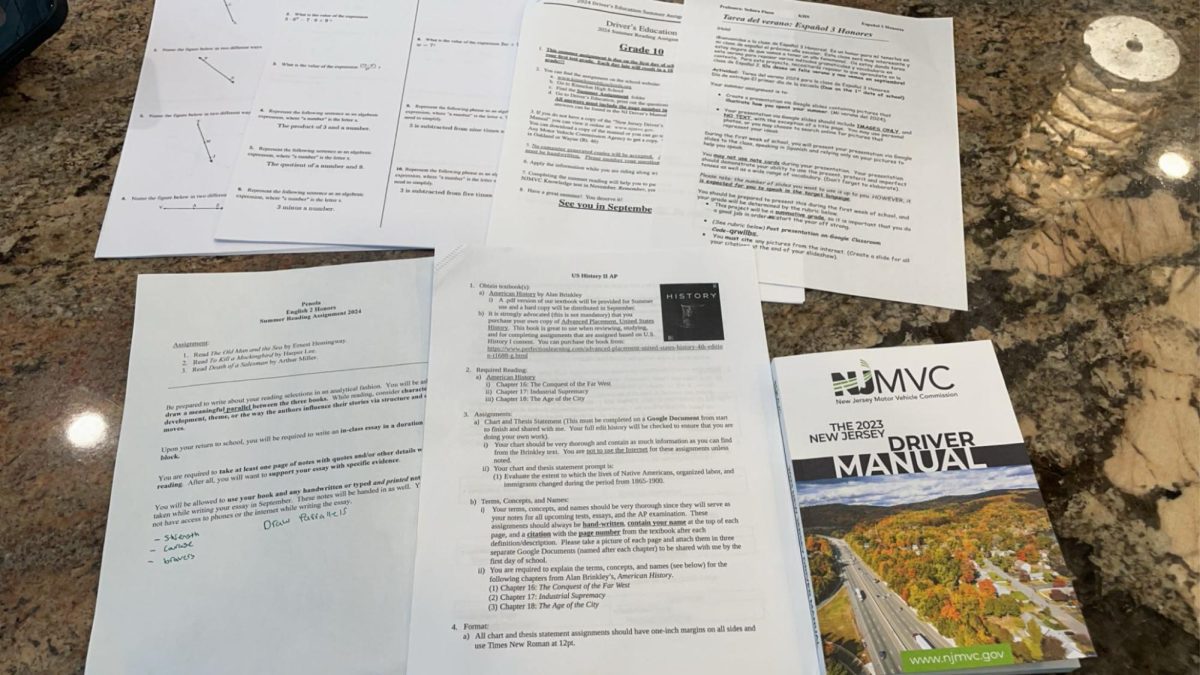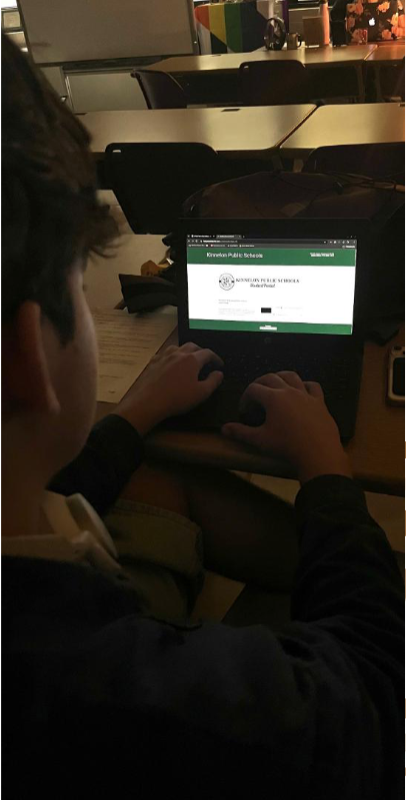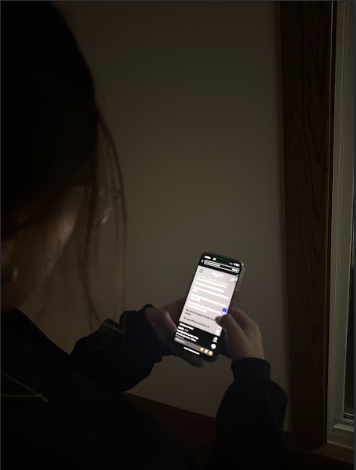Every year, as the final school bell rings and students head into summer break, they carry something besides excitement: a packet of assigned reading, essays, or math problems. Instead of enjoying a much-needed rest after months of hard work, students are met with deadlines that should be a time to recharge. Summer work not only adds pressure but also takes away from the personal growth, family time, and real-world experiences that summer should provide.
In addition, summer assignments can create unfair academic standards. Not all students have equal access to quiet spaces, internet connections, or educational support during the summer months. While some students may have tutors or educated family members to help them, others may be juggling jobs, caring for siblings, or facing unstable working/learning conditions. These differences make it difficult for all students to complete summer assignments, leading to stress and widening achievement gaps. Rather than encouraging academic growth, summer work often highlights and worsens existing educational imbalances.
“We have so much work during the school year, and the few months we get off should be a time to relax and enjoy summer, not to stress over homework and worry about school before it even starts,” said sophomore Emma Smith.
School has a tremendous impact on students’ mental health. While it may benefit some, studies show that it often harms many students by increasing stress, anxiety, and unhealthy habits that can carry on into adulthood. The constant pressure to earn high grades, keep up with academic work, and perform well on tests can take a serious toll on students’ well-being. That’s why it is essential to have a true break from schoolwork, and yet, the one time meant for rest is often filled with even more assignments. According to Coast Report, “Stress, burnout, anxiety, and depression, among other mental health issues, are common in the student community.”
“Teachers should not give students summer work because summer is not only a time of relaxation, but students get to spend time on their hobbies…for example, students should be able to get internships to help them in the future, and having summer work can slow down that process of exploration and limit a student from putting their full effort towards their goals,” said sophomore Shalini Srinivasan
Summer break also gives students the rare opportunity to spend quality time with parents, family, and loved ones, which can also provide students with skills that school does not necessarily teach. Whether it’s traveling, working a summer job, volunteering, or simply having a meaningful conversation at home, these experiences help students grow mentally, socially, and emotionally, which go beyond academics. Students can learn responsibility, communication, and empathy, which are skills essential for adulthood. By overloading summer with academic work, schools take away valuable time that could be spent building relationships and learning traits that schools can not provide.
Another issue with summer assignments is that they often fail to serve the intended purpose. Many students rush through the work just to finish it before school starts, leading to a shallow understanding and concepts of the lesson. In some cases, the assignments are barely reviewed once school begins, making many students believe that summer work is pointless rather than meaningful learning. Instead of helping students prepare for the year ahead, these tasks can cause unnecessary stress without providing valuable learning experiences.
“Although teachers think assigning summer work helps students, it really does not have a major impact because many students will forget what they learned, and may not put in a lot of effort,” said sophomore Evangeline Phillip.
“Less free time and more stress, that’s what summer work means. Instead of enjoying our break, we’re stuck worrying about deadlines and assignments,” said sophomore Mateusz Sosniak













